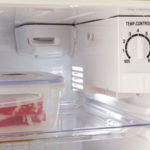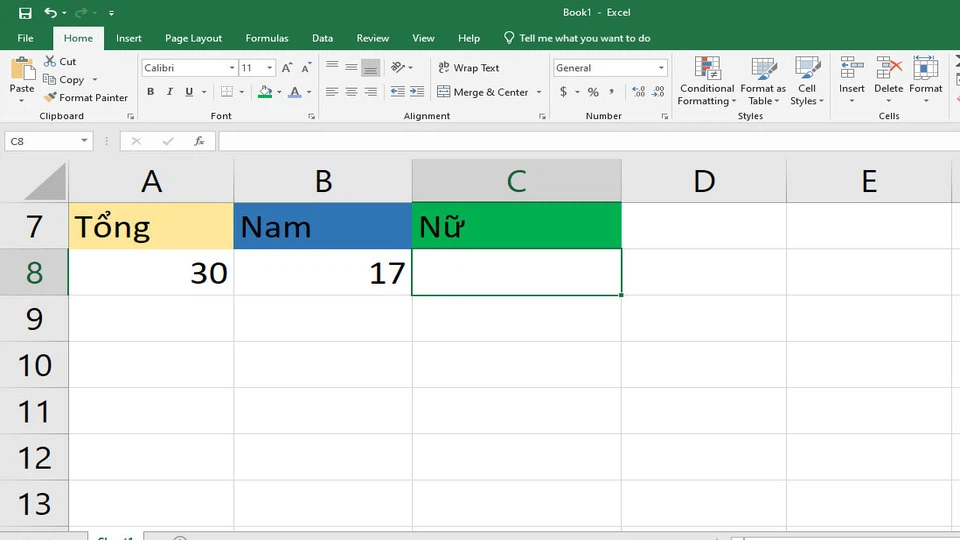Many households nowadays own a refrigerator to preserve food. But what if the freezer section of your refrigerator isn’t cold enough and fails to freeze? What could be the cause and how can it be fixed? Let’s explore the answers in today’s article!
1 Reasons Why the Freezer Isn’t Freezing
To quickly fix the issue of your freezer not freezing, the first step is to identify the root cause. Here are some common reasons why your freezer may not be freezing:
- Overcrowding of food items: When there’s too much food and it’s not arranged properly, it can block the ventilation holes.
- Improper temperature and airflow settings: If you set the temperature and airflow too low, the freezer won’t get cold enough to freeze.
- Power supply issues: A lost power source, loose plug, or unstable electricity can cause the refrigerator to not receive enough power to function properly.
- Rubber gasket not sealing properly: The rubber gasket might be covered in too much dust or be damaged/torn, causing a gap and allowing cold air to escape.
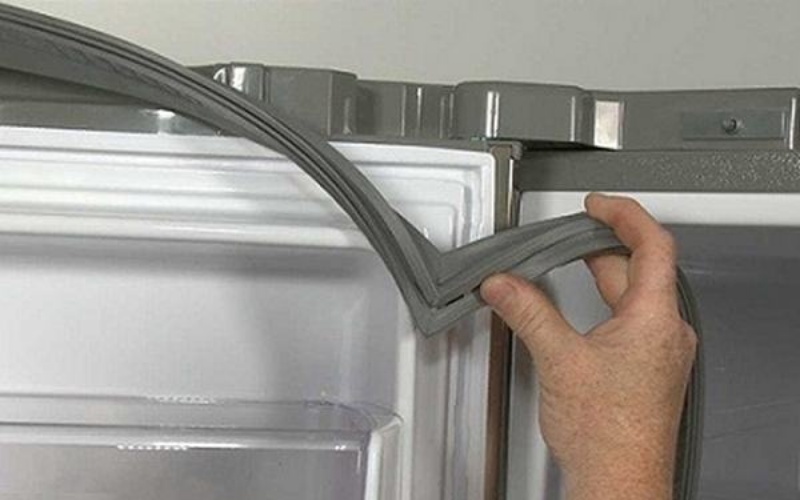 Rubber gasket not sealing tightly against the refrigerator body
Rubber gasket not sealing tightly against the refrigerator body
- Low or no refrigerant: This could be due to prolonged use, an old machine, or a punctured/broken copper pipe.
- Broken fan: A broken fan will prevent the cold air produced by the evaporator from reaching the freezer and fridge compartments.
- Clogged passage between the cooling unit and the refrigerator: Over time, frost can build up on the evaporator and air vents, blocking the cold air passage.
- Defrost system malfunction: The defrost system melts frost from the evaporator. If it malfunctions, frost will accumulate and affect the cooling process.
- Evaporator frost: Frost buildup can obstruct the air passage, preventing the freezer from reaching the required temperature of -18 degrees Celsius.
- Malfunctioning compressor: The compressor is responsible for supplying cold air to the refrigerator. If it fails, the refrigerator will lose its cooling, freezing, and food preservation functions.
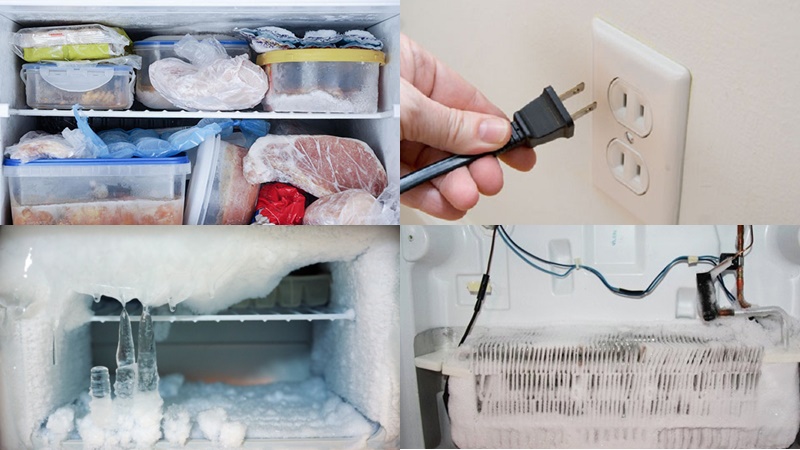 There are multiple reasons why the freezer isn’t freezing
There are multiple reasons why the freezer isn’t freezing
2 Solutions to the Freezing Issue
Depending on the cause of the problem, you can apply the appropriate solution to get your freezer working normally again.
Regularly clean and organize the refrigerator
Since the refrigerator is used for food storage, it’s important to clean it regularly, at least once every 2 to 3 months. This not only ensures food hygiene but also prevents the freezer from not freezing.
Make sure to clean the inside, outside, and rubber gaskets thoroughly. This will prevent food from blocking the ventilation holes and keep the rubber gaskets free from dust and gaps.
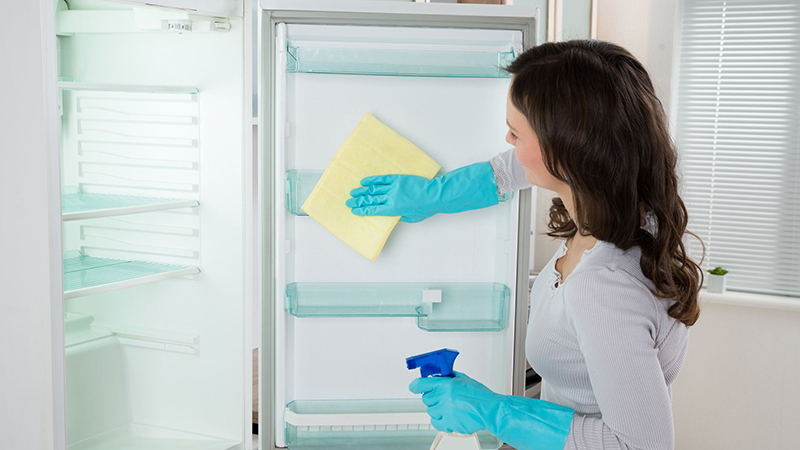 Regularly clean the refrigerator thoroughly
Regularly clean the refrigerator thoroughly
Adjust the temperature and airflow
Most refrigerators have a temperature adjustment knob for the fridge compartment and an airflow adjustment knob for the freezer. For optimal performance, set both knobs to the middle position, which is 2 to 4 degrees Celsius for the fridge and -18 degrees Celsius for the freezer.
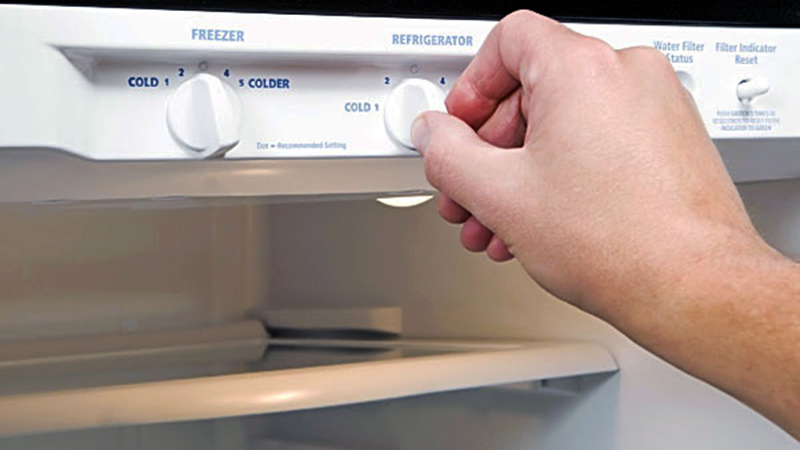 Adjust the temperature and airflow accordingly
Adjust the temperature and airflow accordingly
Check and fix electrical issues
Examine the plug to see if it’s loose, check for low voltage, and inspect the wires for breaks or exposure. Depending on the issue, you can fix the plug, install a voltage stabilizer, or contact a technician if the wires are damaged.
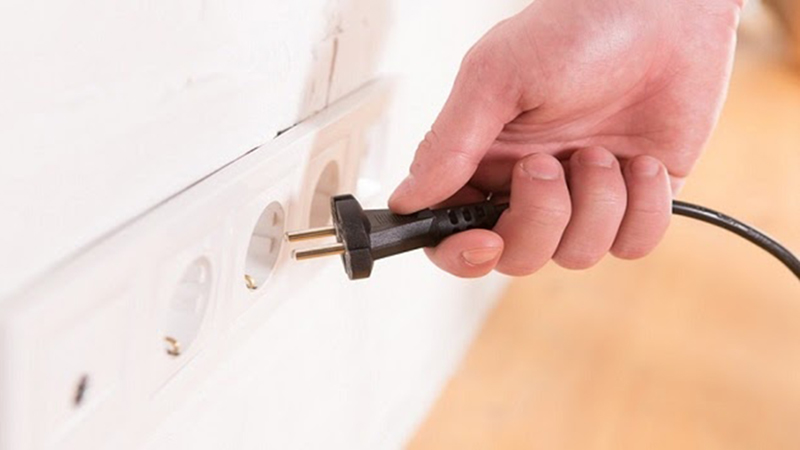 Inspect and fix any issues with the electrical plug
Inspect and fix any issues with the electrical plug
Clean and replace the rubber gasket
To check if your rubber gasket is still functional, place a thin piece of paper between the body and the door of the refrigerator. If the paper can be easily moved without resistance, the rubber gasket is not sealing properly.
If the issue is due to dust, clean the rubber gasket more frequently and continue using it. If the gasket is torn or damaged, purchase a new one as a replacement.
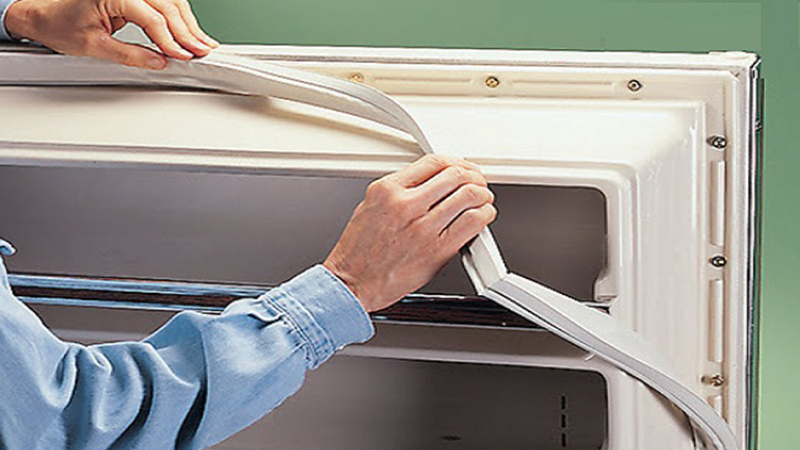 Replace the rubber gasket if it’s damaged or torn
Replace the rubber gasket if it’s damaged or torn
Defrost the refrigerator
If the issue is caused by a blocked cold air passage, you can try this method. Simply remove all items from the refrigerator, unplug it, and let it defrost for 4 to 5 hours.
After defrosting, plug the refrigerator back in and use it as usual. However, this method is only effective for minor blockages.
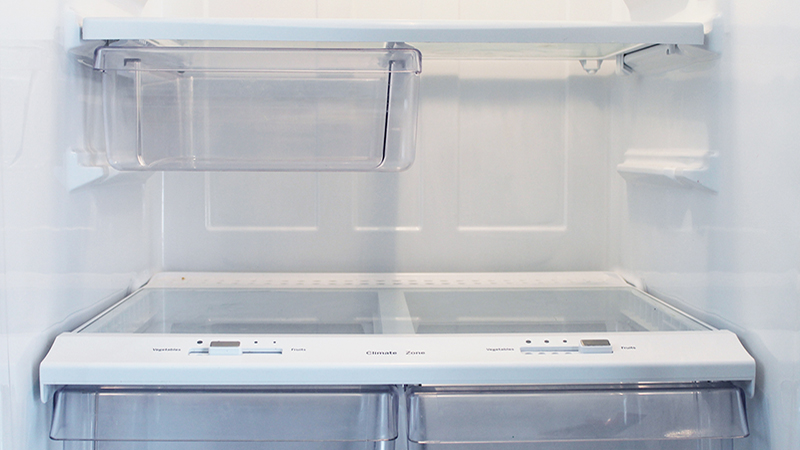 Remove all items, unplug the refrigerator, and let it defrost for 4 to 5 hours
Remove all items, unplug the refrigerator, and let it defrost for 4 to 5 hours
Seek professional repair services
In cases of severe cold air passage blockage, low/no refrigerant, broken fan, defrost system malfunction, evaporator frost, or compressor failure, do not attempt to fix it yourself unless you have the necessary tools, knowledge, and technical skills. Doing so may cause further damage.
For these issues, it’s best to contact reputable repair services to send a technician. If your refrigerator is still under warranty, you can also reach out to the seller for proper assistance.
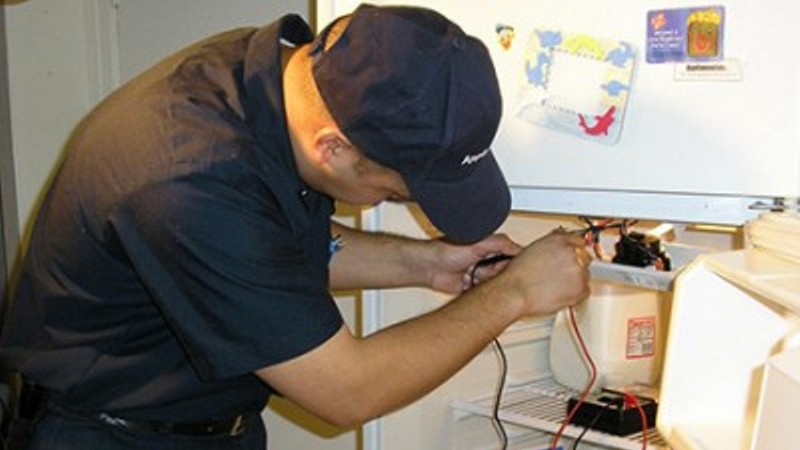 Hire a professional technician to fix any mechanical issues
Hire a professional technician to fix any mechanical issues
We’ve covered the causes and solutions for a freezer that’s not cold enough and fails to freeze. Hopefully, this article has provided you with helpful information. Thank you for reading.
Is Refrigerated Leftovers Linked to an Increased Risk of Cancer?
Dr. Lam Van Man, Head of Research, Development and Technology Transfer Department of the Institute of Safety Food, has warned of the risk of food poisoning when reheating leftovers from the refrigerator. But what should we be aware of when it comes to the possibility of these leftovers causing cancer? Here, we explore what the experts have to say on the matter and offer some tips for safe eating.




























